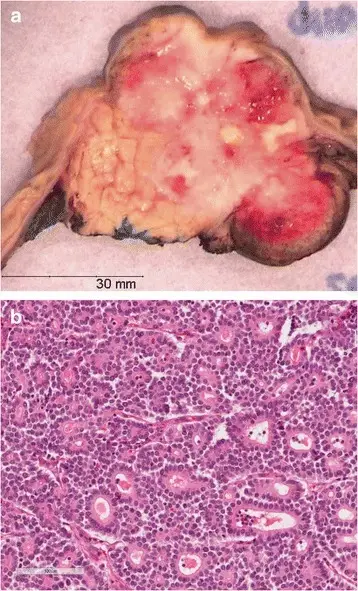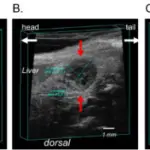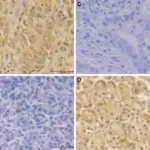Acinar cell carcinoma is an epithelial neoplasm defined by its morphologic similarity to acinar cells and the secretion of pancreatic exocrine enzymes.
What is the Pathology of Acinar Cell Carcinoma?
The pathology of acinar cell carcinoma is: The study of an infrequent tumor, accounting for only approximately 1 % of all pancreatic tumors, is solid and malignant though benign may exist (acinar cell cystadenocarcinoma).
-Etiology: The cause of acinar cell carcinoma is defective DNA repair, tobacco smoking.
-Genes involved: K-RAS gene.
-Pathogenesis: The sequence of events that lead to acinar cell carcinoma are a result of accretion of genetic modification, counting chromosomal variability, and recurrent allelic copy number disparity.
-Morphology: The morphology associated with acinar cell carcinoma shows pyramidal cells clustered around small lumina, large around 10 cm in diameter carcinomas.
-Histology: The histology associated with acinar cell carcinoma shows circumscribed multinodular. Soft nodules, yellow to brown, central necrosis, and cystic degeneration.
How does Acinar Cell Carcinoma Present?
Patients with acinar cell carcinoma typically have a male to female ratio of 3.6:1 present at an age range of 20 to 40 years. The symptoms, features, and clinical findings associated with acinar cell carcinoma include idiopathic weight loss, abdominal pain, generalized weakness, diarrhea, melena, nausea, and vomiting.
How is Acinar Cell Carcinoma Diagnosed?
Acinar cell carcinoma is diagnosed through laboratory study- elevated serum lipase levels. Radiological studies- CT scan and MRI disclose well-defined, hefty oval masses. Fine-needle aspiration biopsy- discloses cells portrayal degrees of acinar differentiation.
How is Acinar Cell CarcinomaTreated?
Acinar cell carcinoma is treated through, surgical resection, chemotherapy, and radiation therapy.
What is the Prognosis of Acinar Cell Carcinoma?
The Prognosis of acinar cell carcinoma is poor. It is highly aggressive with an overall 5 year survival rate of <10%.



